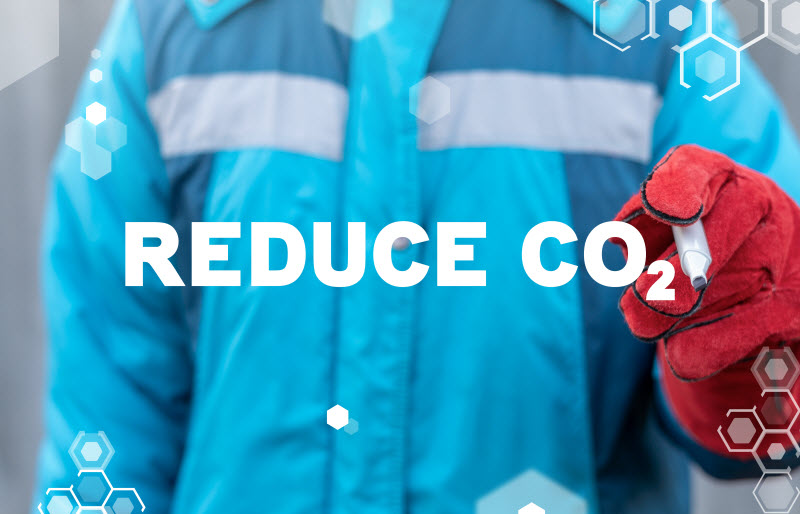
Australia’s carbon emission reduction plan recognises that CCS is a key technology to help Australia reach its target of net zero emissions by 2050. The plan outlines a number of strategies including hydrogen hubs, solar and wind technologies, international collaborations, targeted investments and using technology rather than taxes to activate all sectors of the economy. On the surface, the plan looks to appease as many stakeholders as it can. Ensuring job growth, regional development and the ongoing stability in traditional heavy industries sectors are powerful considerations.
The plan does recognise the need for heavy manufacturing to transition to a low emissions manufacturing model. The transition is one of the key contributions that CCS will make and is an exciting opportunity for the technology to showcase its potential as a significant player in a carbon-neutral world.

What is low emissions manufacturing?
Manufacturing is a significant contributor to the Australian economy and employs over one million Australians. Australia has a unique opportunity to reinvigorate its manufacturing sector, maintain and grow jobs and become a leader in the transition to low emissions manufacturing.
There is a strong push to transition manufacturing from its reliance on fossil fuels into clean energy use. On the table are green hydrogen, solar, wind and carbon capture and storage.
The clean energy solutions may be a singular use, or more appropriately, a hybrid solution that aims to keep our manufacturing industries buoyant, competitive and carbon neutral.
In hard to abate sectors such as cement and fertiliser manufacturing, employing a hybrid solution that includes CCS is the only option that can see these industries meet their emission targets. Additionally, CCUS is considered a potential option for the decarbonisation of ammonia production that emits very high concentrations of CO2. Many international ammonia plants already capture CO2 and use the pure stream to make urea for the food and beverage industry.

Australia’s opportunity in low emissions manufacturing
CCS has several opportunities to assist Australia’s move toward low emissions manufacturing. Manufacturing operations with emissions streams of high concentrations of C02 and that are located in close proximity to a C02 storage basin and/or have an end market for their sales such as a food and beverage manufacturer or for enhanced oil recovery (EOR) are well placed to employ CCS as a factor in low emissions manufacturing.
These operations include manufacturing centres that are using alternative fuels and raw materials with a higher share of biogenic wastes in place of fossil fuels.
For example, an industry that uses by-products of industrial waste such as wood waste and other biomass can substantially reduce emissions and CCS is an excellent technology to aid in the reduction of the carbon footprint.
There are a few factors that influence the efforts of decarbonisation. A growing population creates increased demand for energy. It is estimated that the demand for energy will have increased by 50% globally by 2030. Today, fossil fuels including coal, gas and oil supply 80% of the world’s energy. This will continue for a number of decades until our reliance on renewables is sustainable and sufficiently scaled to replace the need for fossil fuels. The majority of CO2 emissions are the result of power generation, heavy industry and refinery operations. CCS is the technology that can capture 90% of the CO2 emissions and safely store it in deep reservoirs underground, effectively replacing it from where it originated. For the world to drastically cut its CO2 emissions over the next 20 years, it is crucial that CCS is implemented quickly and on a large scale. Implementing CCS gives the planet time to reduce the speed of warming and enables industry to keep up with demand whilst drastically reducing its carbon footprint and bridging the time between reliance on fossil fuels to a reliance on renewable energy.
CCS Energy is committed to forging your path toward net zero emissions. Our expertise can help clients set realistic targets and tap into additional asset value through carbon offset mechanisms available through various global emission trading schemes. Our team members are CSS experts and well engineers, passionate about identifying efficient and cost-effective transition technology to capture and store carbon, and reduce your operation’s carbon footprint.
With years of technical experience in the petroleum industry, we can provide all aspects of technical design, project management and regulatory administration.
When your business is ready to do its part in reducing its carbon emissions footprint, give our team a call. We only offer the very best solutions and technical expertise.



